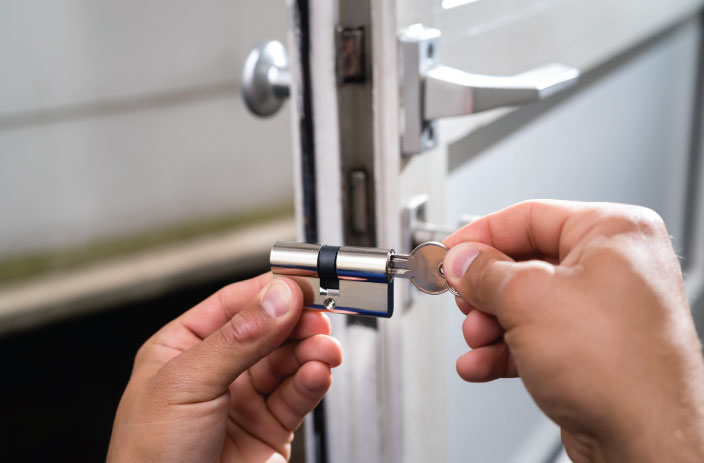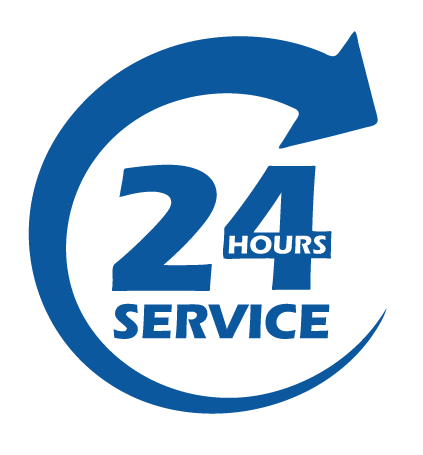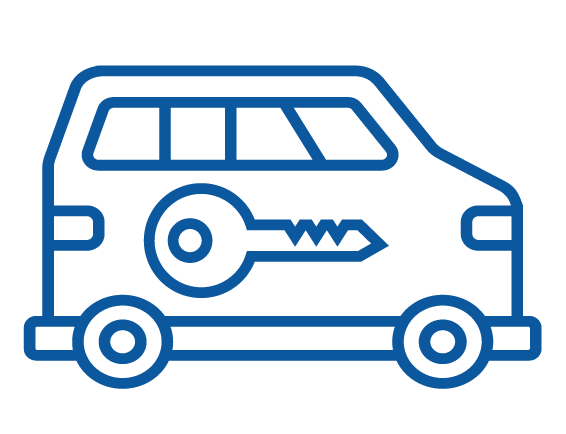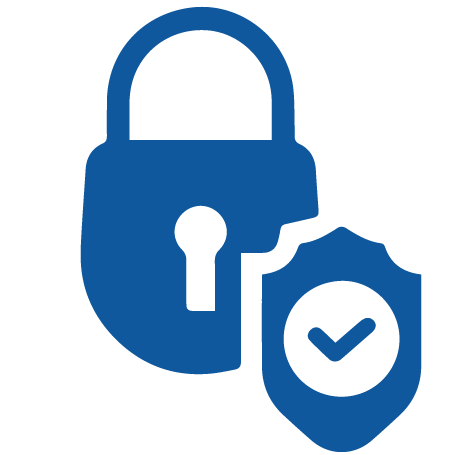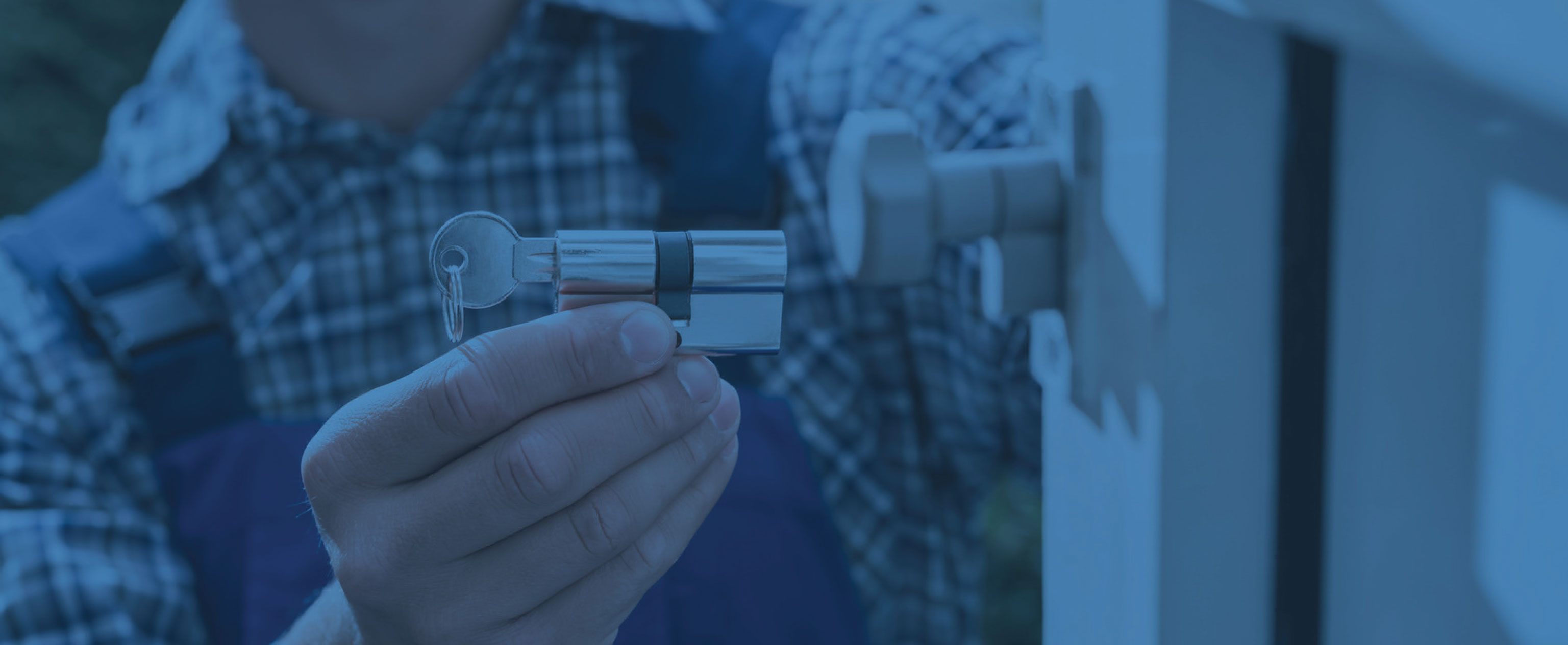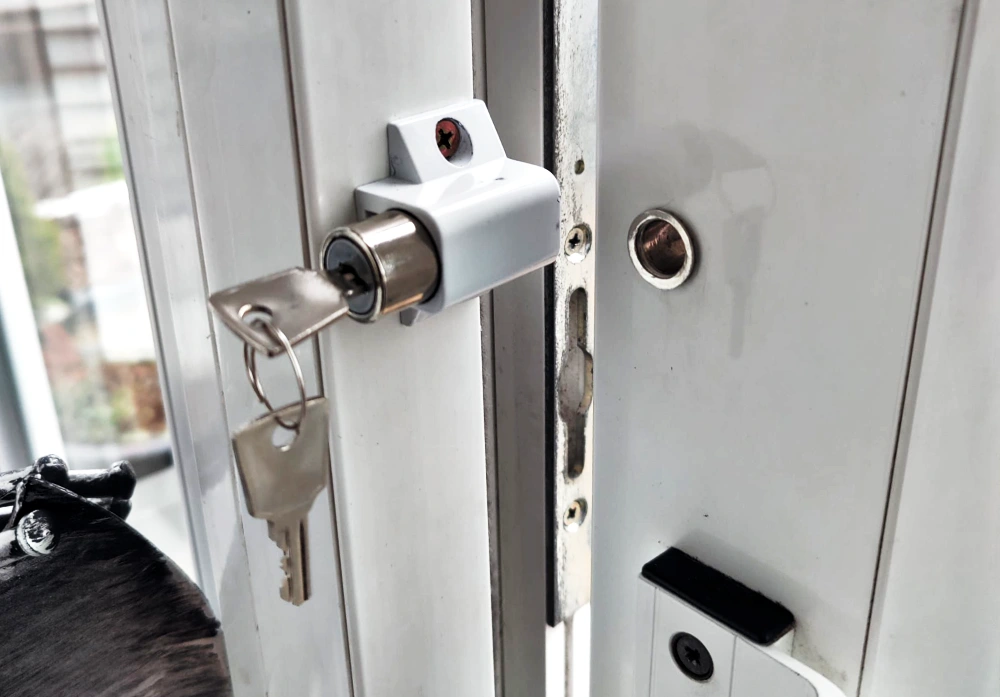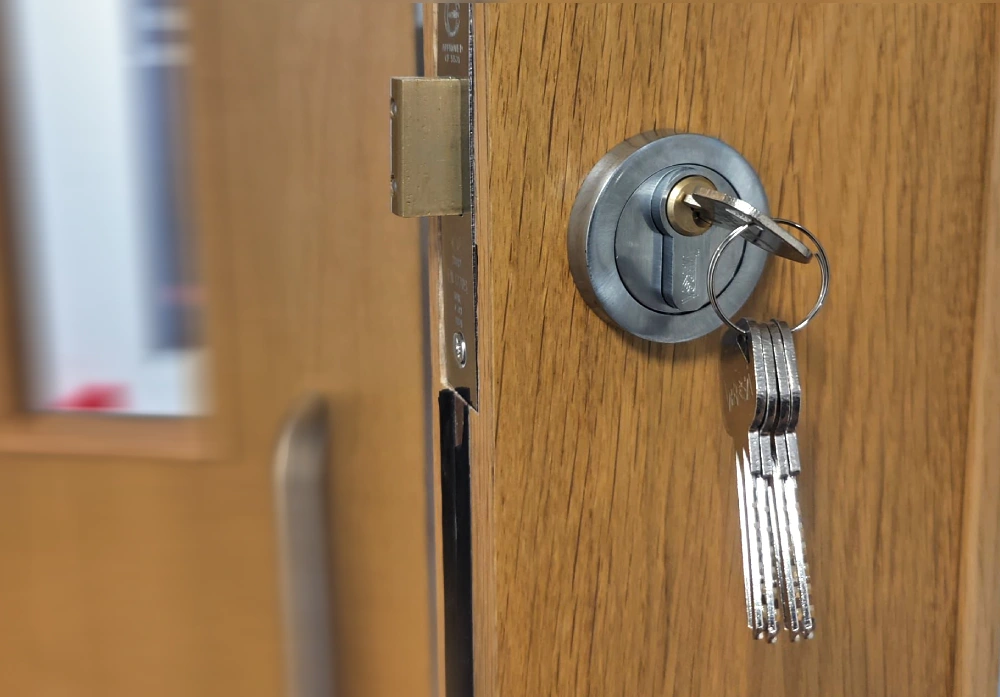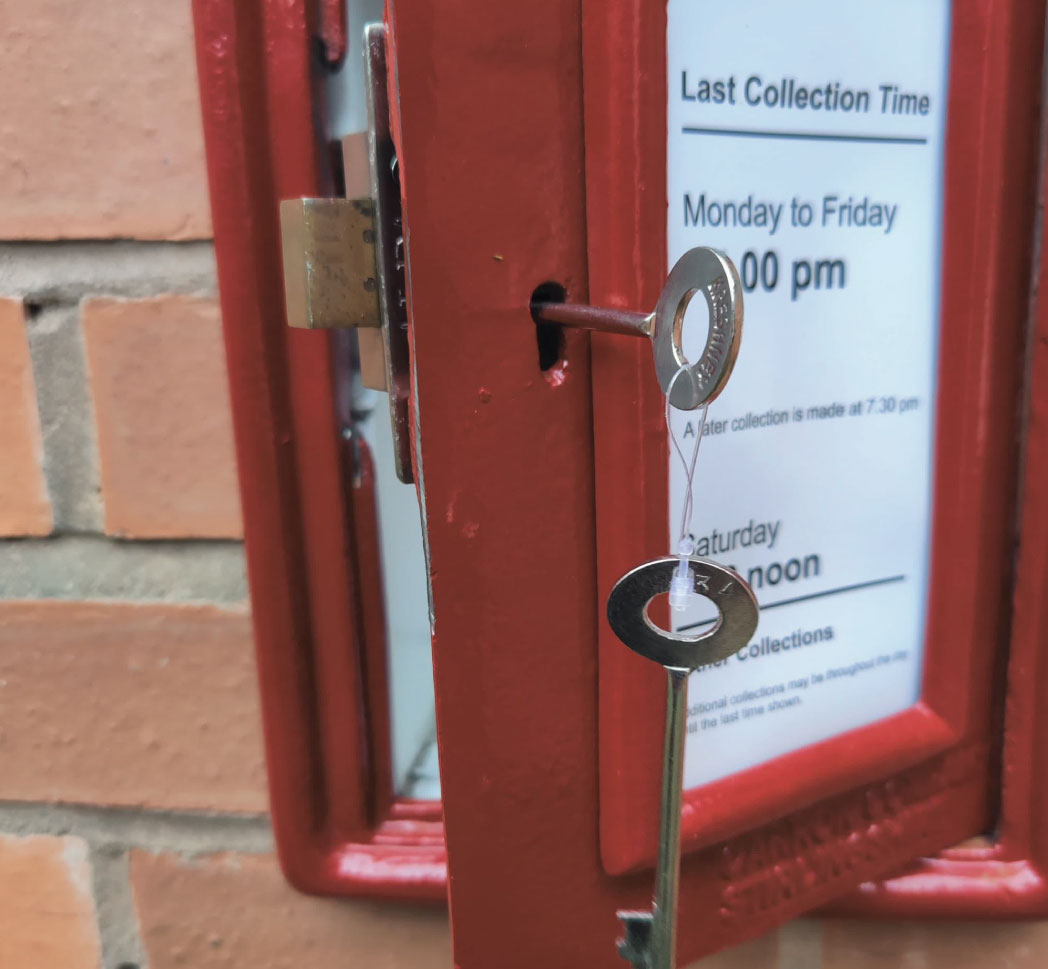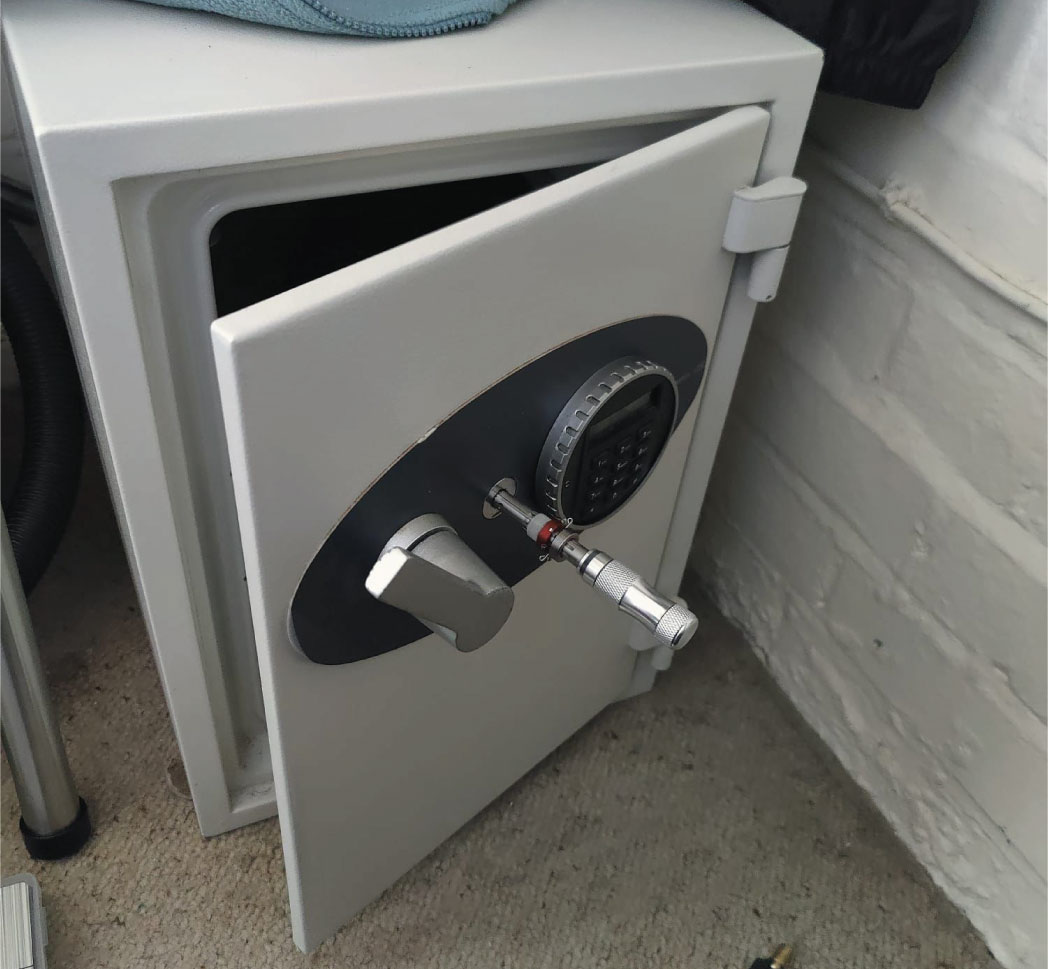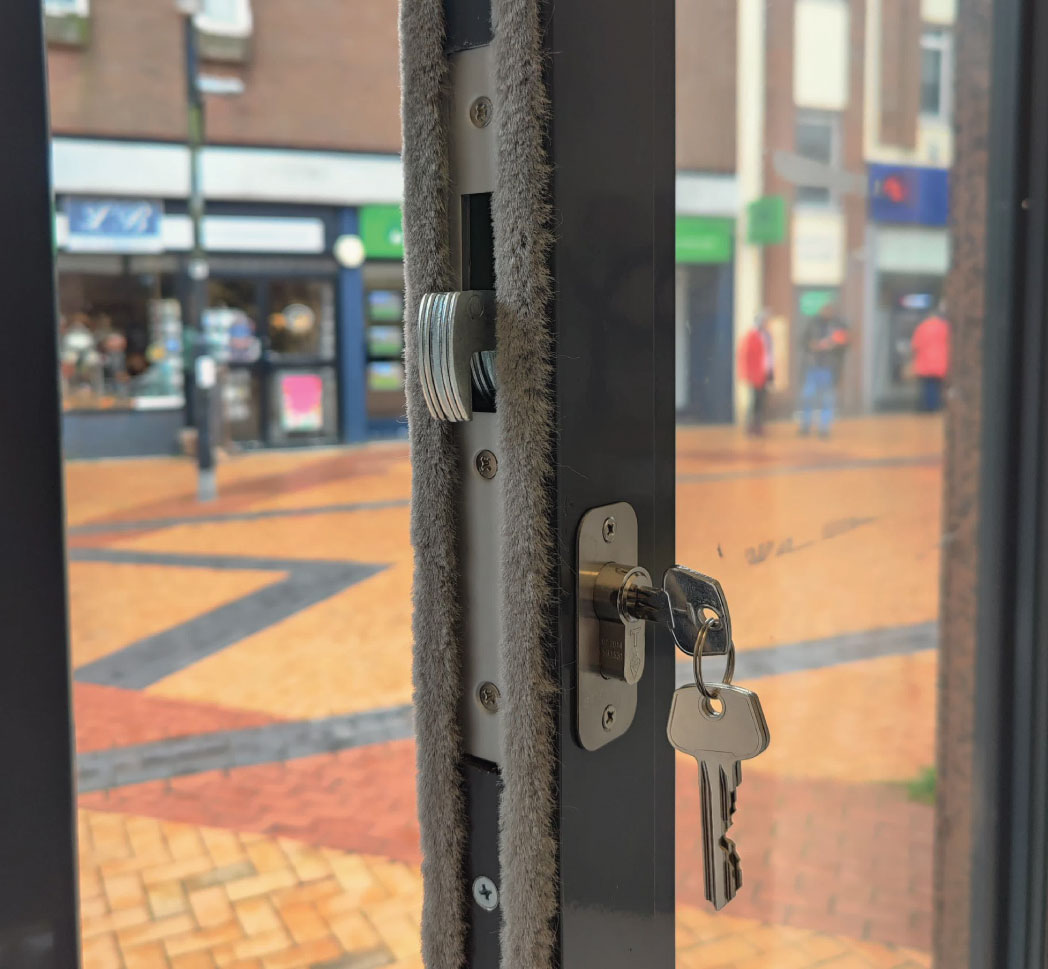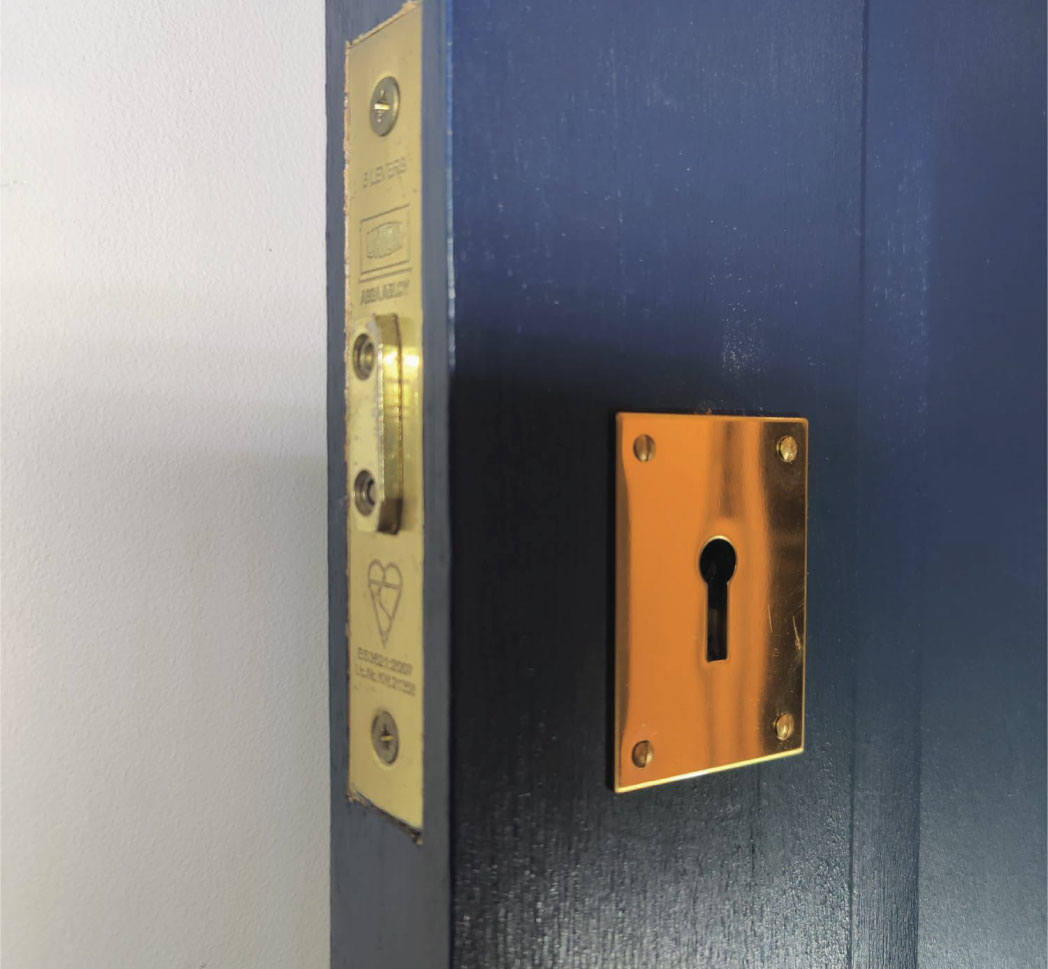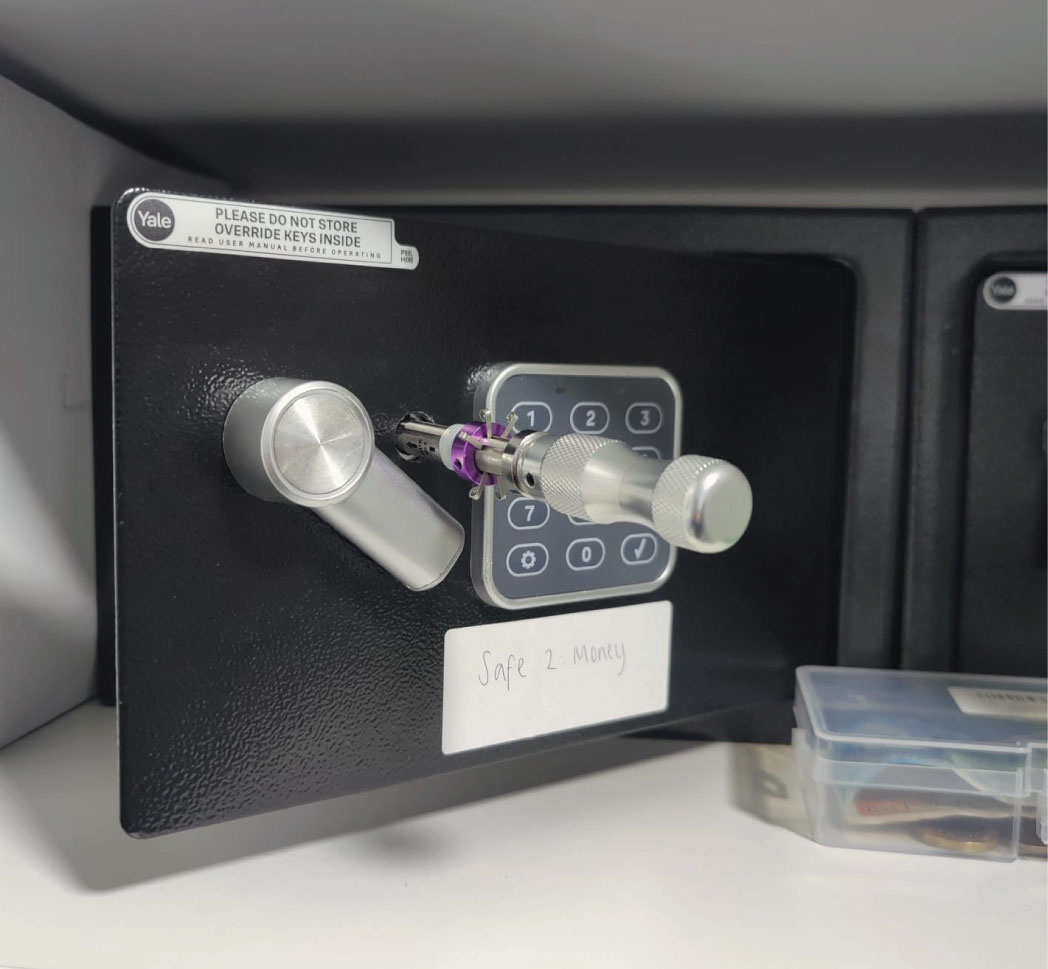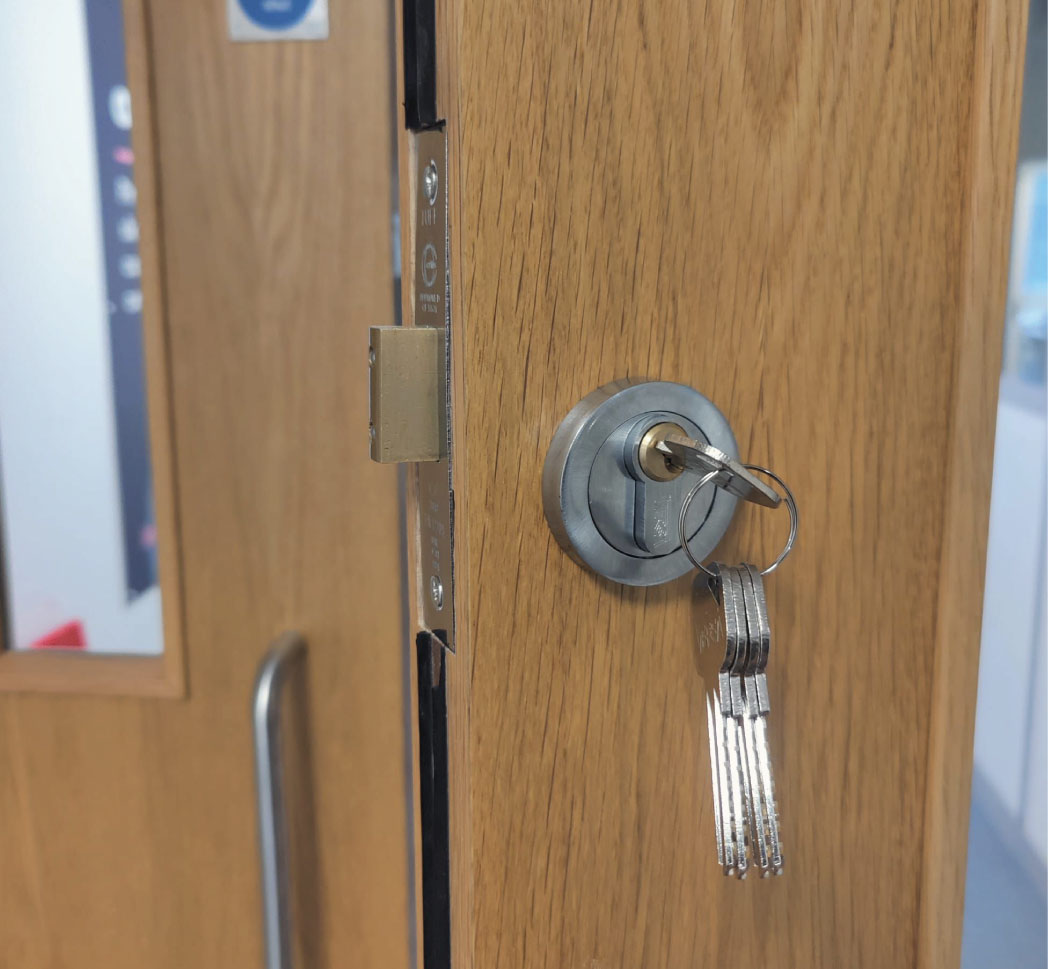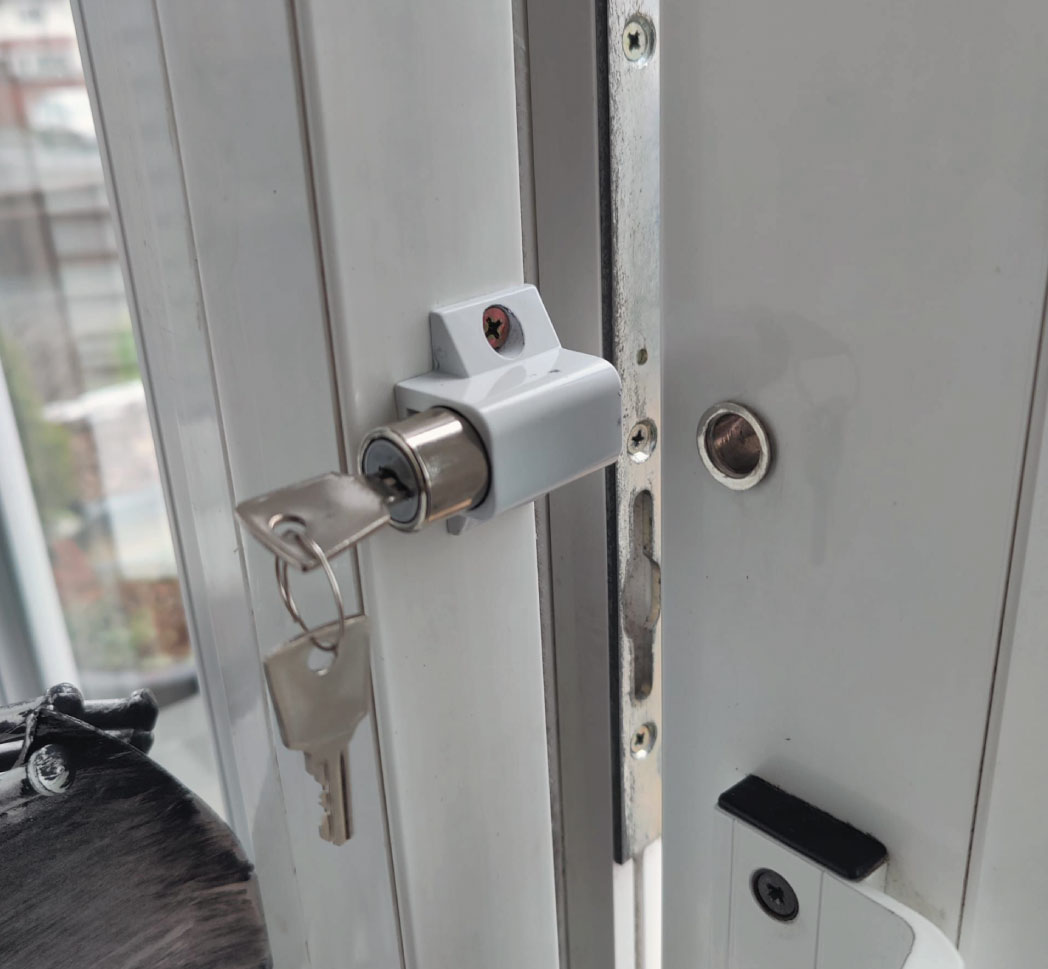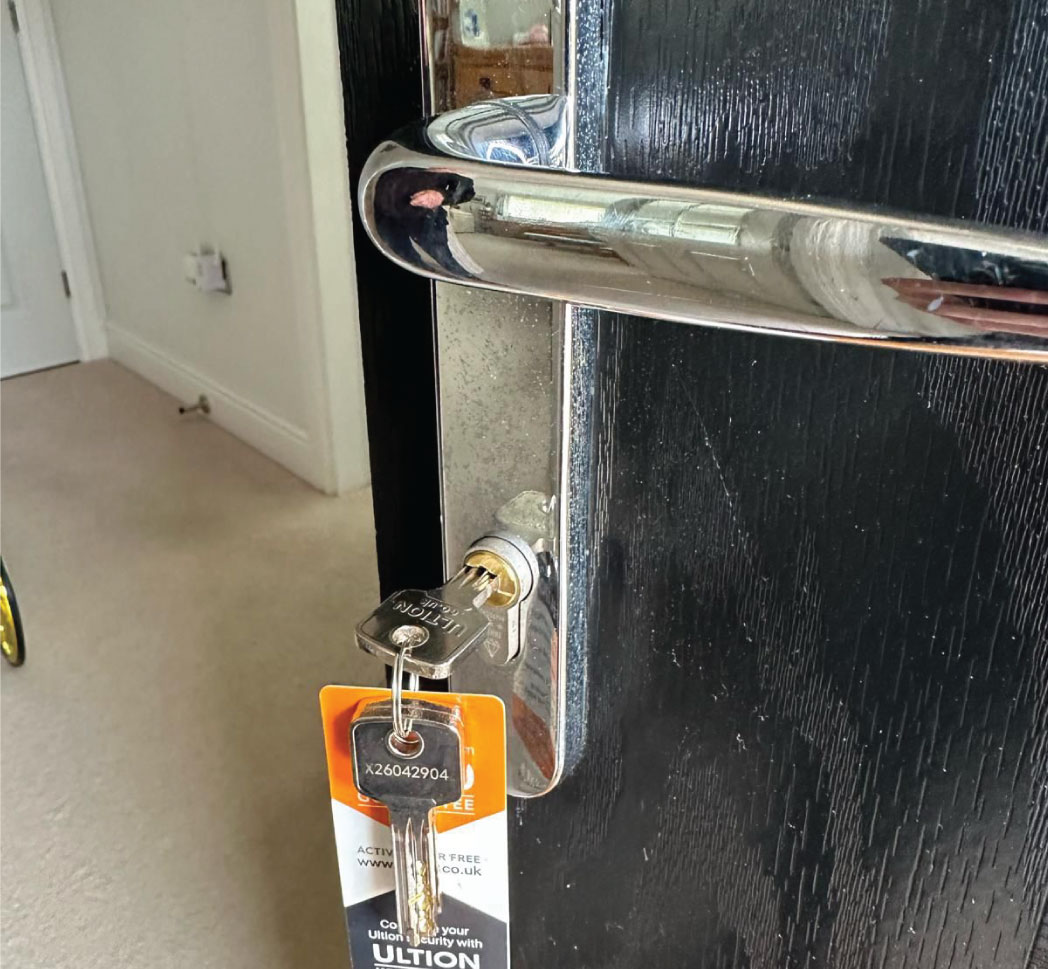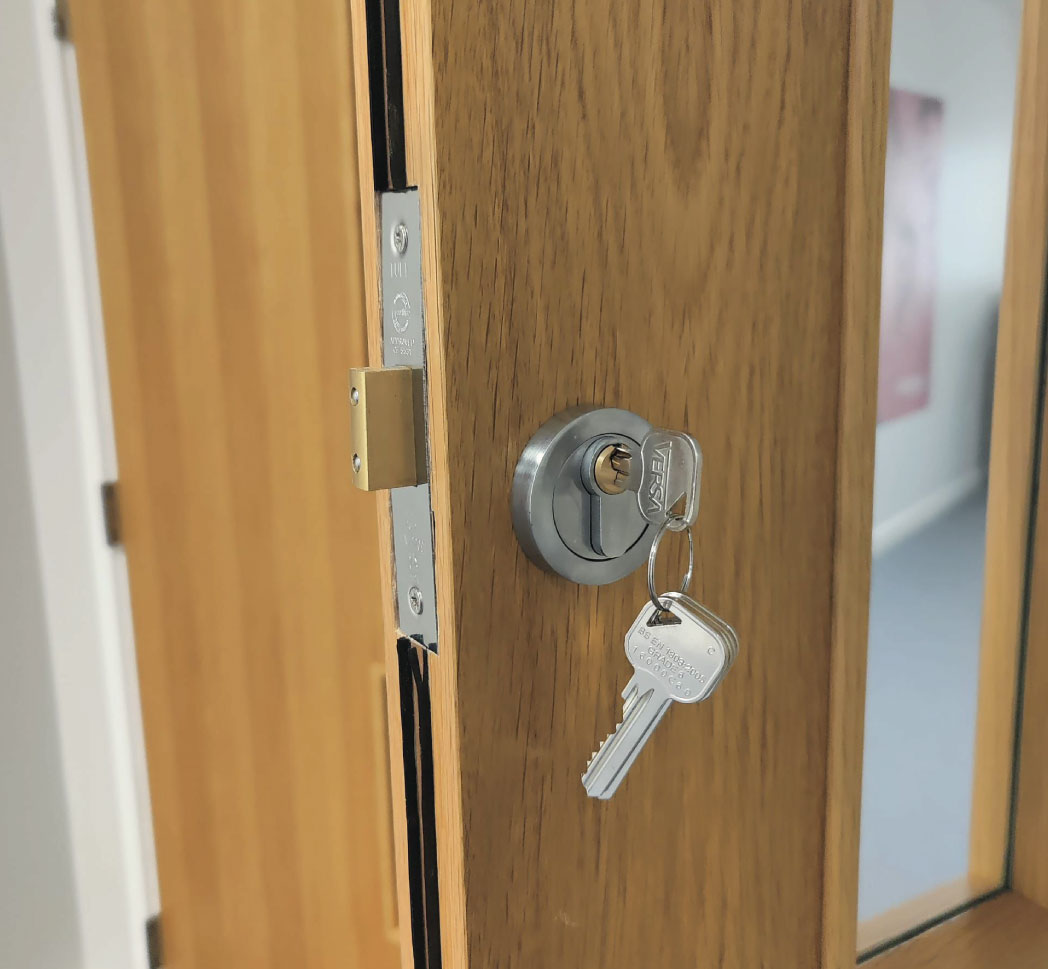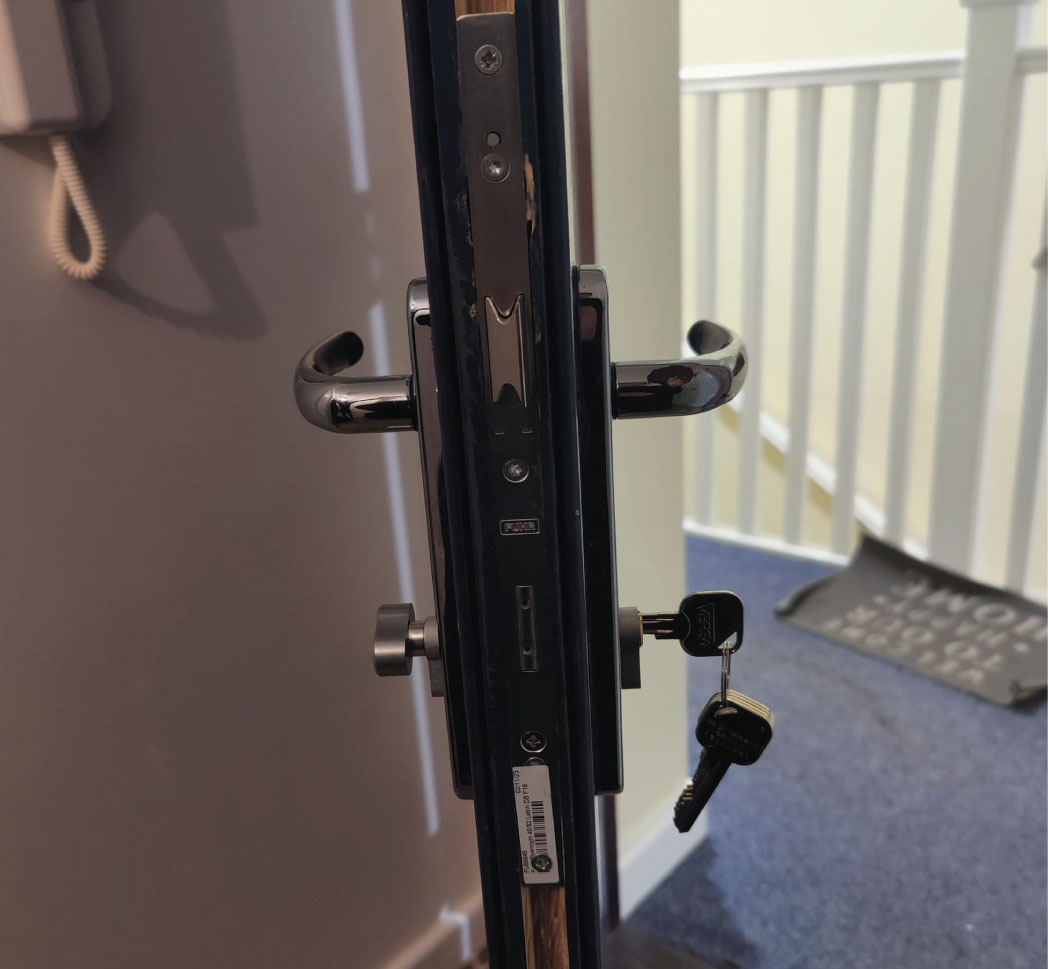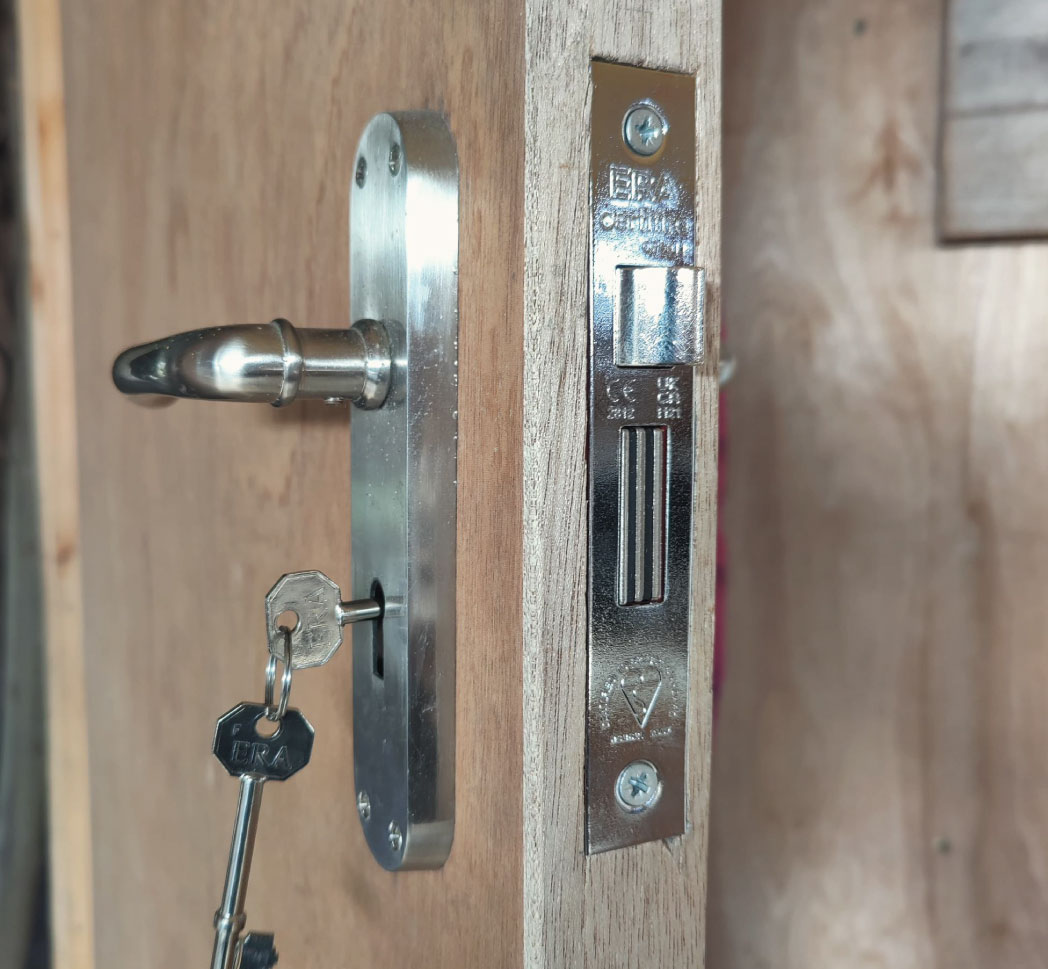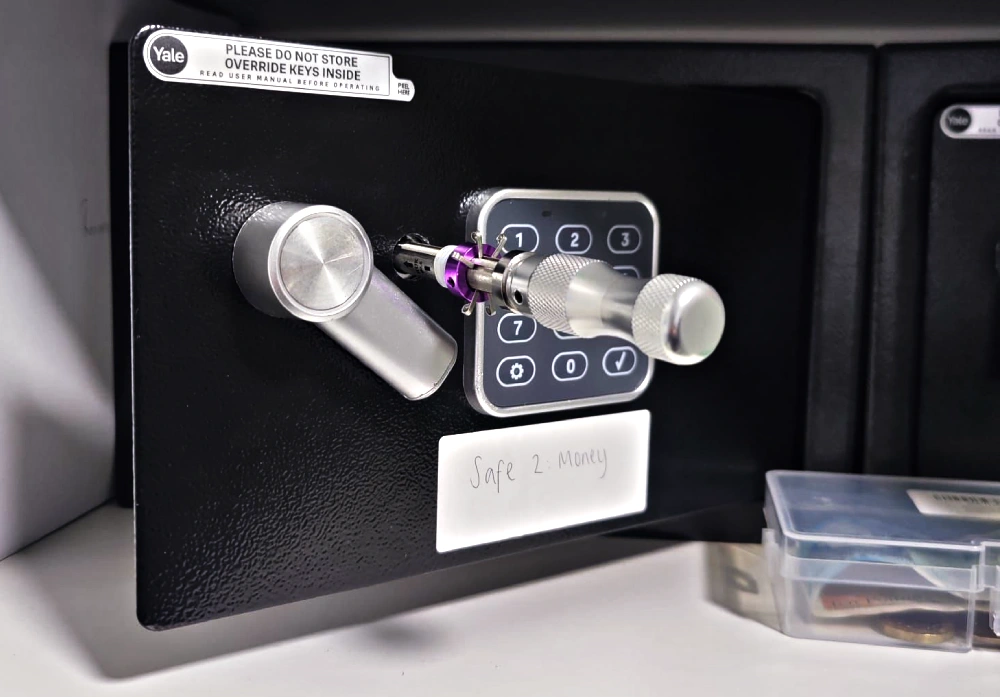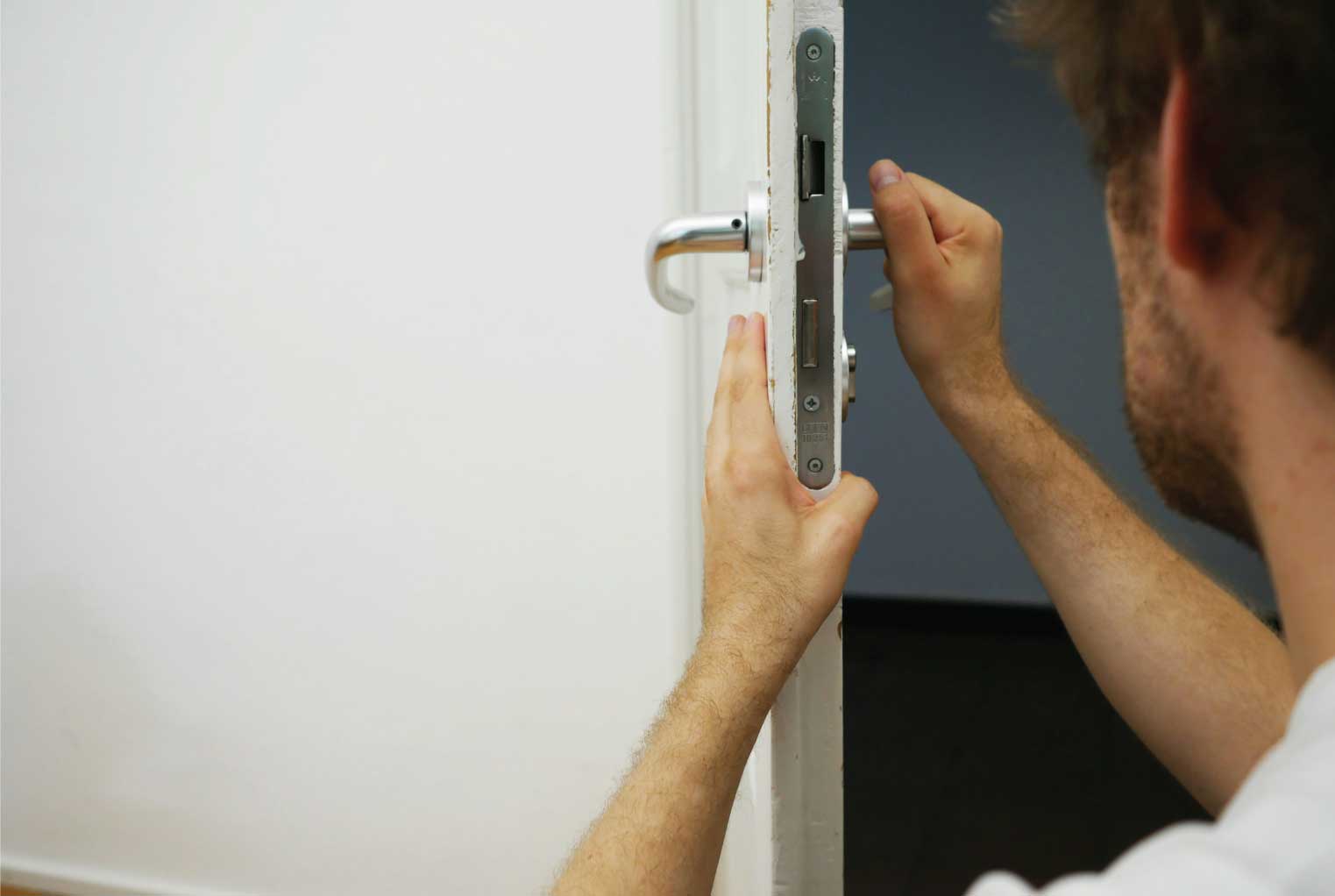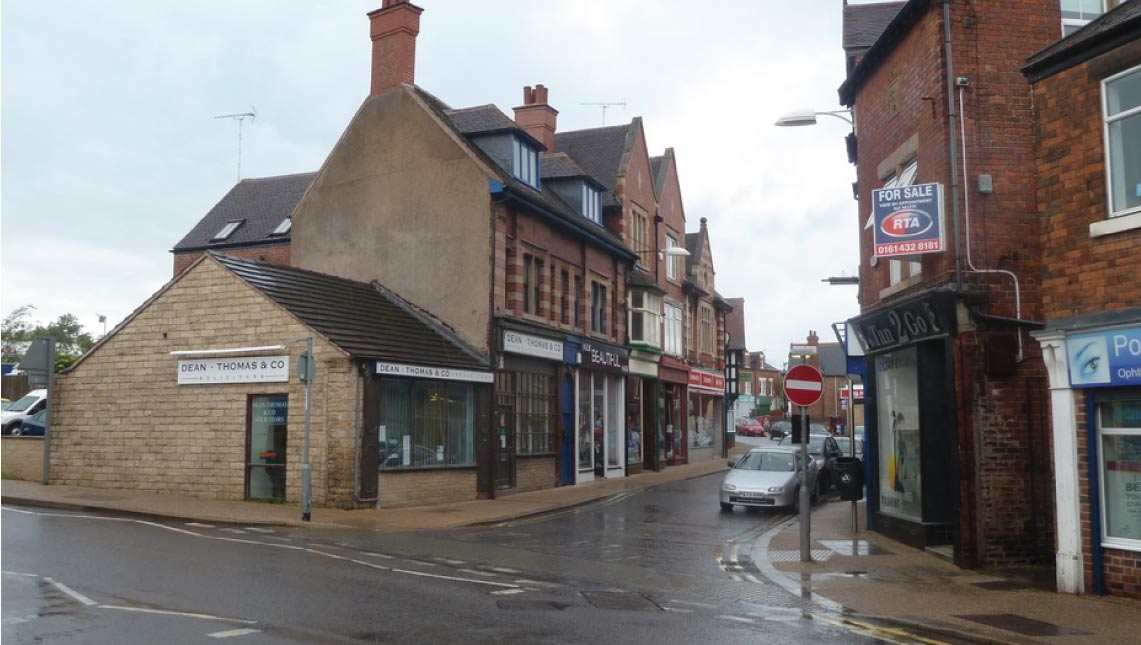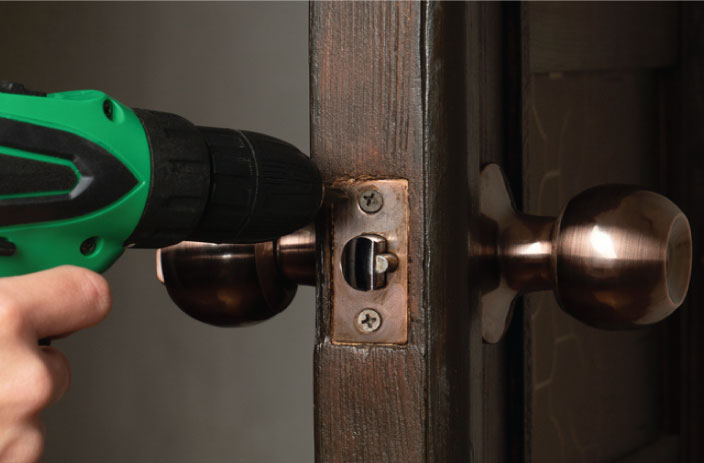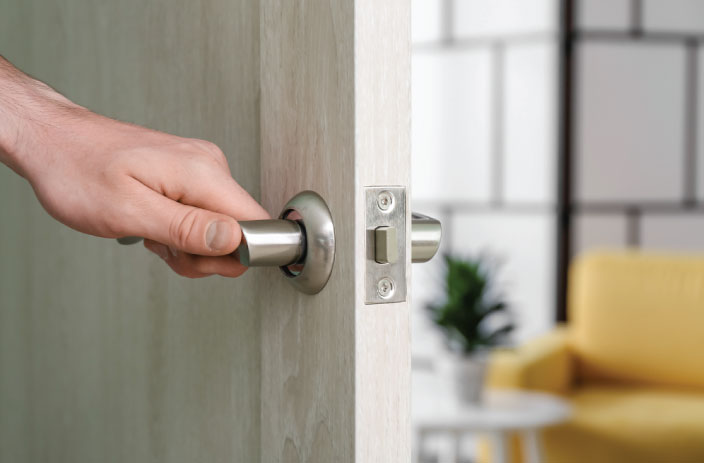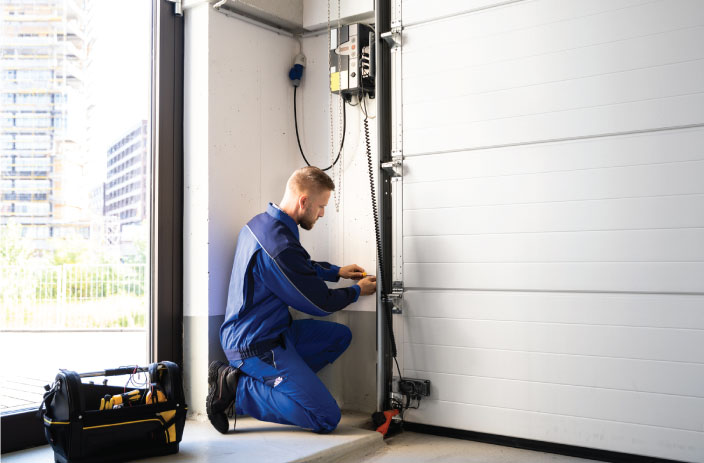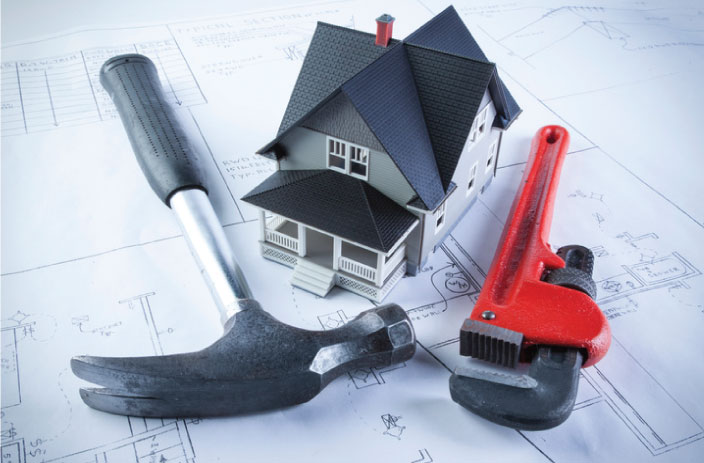When it comes to your home or business security, replacing your locks is a key decision — but it doesn’t have to be a confusing one. Below are some valuable resources to help you understand when to replace a lock, what options are available, and why it often pays to call in a professional.
Replacing a lock isn’t always just about damage — there are many valid reasons to change your locks proactively. If you’ve recently moved home, lost a key, experienced a break-in, or suspect someone may have unauthorised access, changing your locks is one of the best ways to restore peace of mind.
For a detailed breakdown of when and why you should consider a lock replacement, check out this helpful guide (https://www.caldersecurity.co.uk/how-often-when-should-you-change-the-locks/)
What Makes a Lock ‘High-Security’?
Not all locks are created equal. High-security locks are designed to resist picking, bumping, snapping, and drilling - offering enhanced protection for your property. Features like key control, reinforced cylinders, and security pins are what set them apart from standard options.
To better understand the differences, read this concise explainer. (https://abcsecurity.ca/top-4-characteristics-of-high-security-locks/)
Lock Replacement vs Rekeying: What’s the Difference?
In some cases, you might not need a full lock replacement — rekeying could be a faster, more cost-effective solution. But what exactly is the difference? And when is each option appropriate?
This easy-to-follow comparison breaks it all down (https://www.libertyhomeguard.com/rekey-locks-or-change-locks/)
Should You DIY or Call a Pro?
With so many tutorials online, it’s tempting to think a lock change is a quick DIY job. But poor installation can compromise your security — and cost you more in the long run. So when is it okay to do it yourself, and when should you call a certified locksmith?
This blog post outlines the risks and benefits of both routes(https://www.prolockplus.com/blog/locksmith-vs-diy-lock-installation-what-you-need-to-know)

